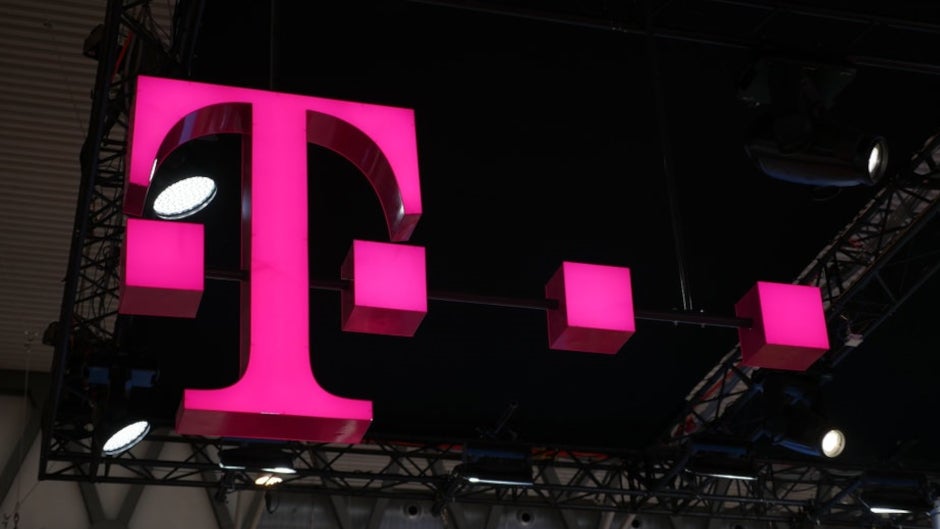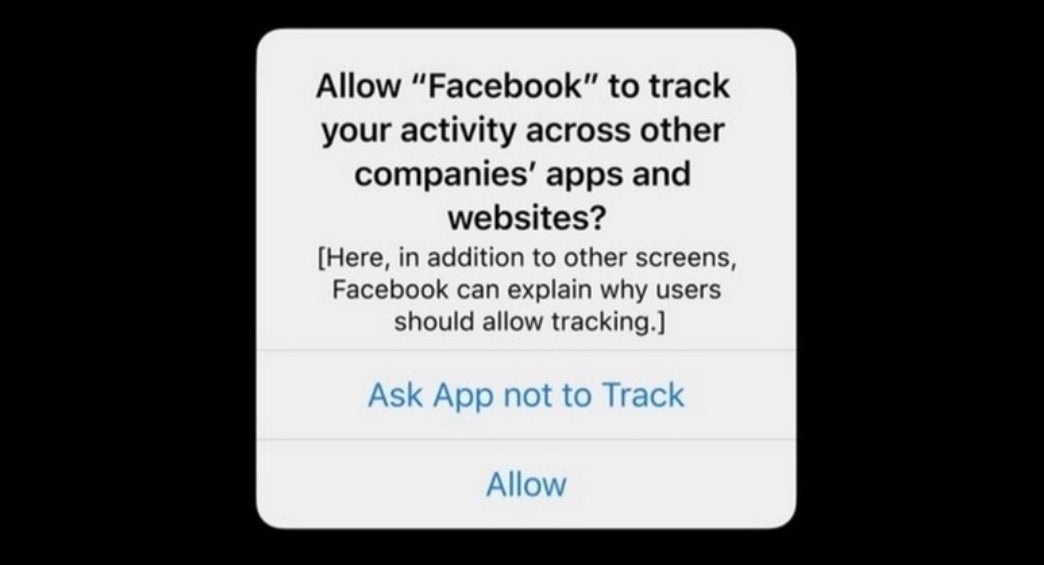T-Mobile decides not to challenge Apple, will stick to Android for its Marketing Solutions unit

Apple has been among the leaders in the campaign to prevent tech firms like Google from collecting data generated by consumers that is used to target them with online ads. Helping small businesses with their ad campaigns are carriers like T-Mobile. This makes sense as Adage points out because when it comes to mobile advertising, the carriers are like those fortune telling coin machines that claim to "know all and see all."
T-Mobile has built such a division that it calls its "Marketing Solutions" unit. As T-Mobile says, "With the Magenta Marketing Platform you can reach, engage, and connect with your target audiences, all while measuring lift and impact."
T-Mobile provides advertisers with data that connects the dots between consumers and advertisers
Mike Peralta, vice president of Marketing Solutions says, "We will certainly keep an eye on what Apple is doing and act on it, but our focus is on Android devices. And since the focus is on Mobile ID and IDs, we see this as sort of a richer data treasure that won’t be out of date anytime soon like a cookie."

Apple's App Tracking Transparency allows iOS users to opt-out of receiving targeted ads
T-Mobile is working on advertising identification products which are used as unique identifiers that "connect the dots" between consumers and advertisers. Apple's App Tracking Transparency (ATT) feature was designed to prevent these dots from connecting without users opting-in. Google also wants to stop using the flow of personal information from consumers to "connect the dots" between users and advertisers.
Wireless providers like T-Mobile are in the middle between mobile phones and the internet giving them the confidence to become involved in advertising. T-Mobile's Peralta says, "Mobile data is by far the best indicator of consumer interest and intent. Customers use their mobile devices all day, every day, which makes mobile data much richer than other data sources, such as web browsing data."
Peralta adds, "Using mobile data, we can identify patterns of app ownership and use to create powerful audience insights. For example, marketers can see how many users of one app have another; the correlation between the use of the application and the transactions; or how many target consumers are using competing apps."
Besides T-Mobile, both Verizon and AT&T have other in-house tech advertising units named Verizon Media and Xandr respectively. All three are trying to be a source of information for small businesses and other advertisers that Apple has made it hard to obtain. While Apple can prevent data collected from the App Store from being used to promote products to consumers, the carriers can still provide access to that data.
T-Mobile is receiving consumer data from Google and Android devices only.
Instead of challenging Apple though, T-Mobile is sticking to receiving data from Google and Android devices only. However, Google is changing the way Android devices collect data and is looking to restrict access to Google Advertising ID. These IDs give advertisers a link to mobile users' internet history which allows them to deliver targeted ads.
T-Mobile's Peralta notes, "We have always believed that customers deserve transparency, control and simplicity when it comes to their personal data. Customers can opt out of their data being used for advertising purposes at any time, but they might prefer the most relevant advertising offered by that data use." That quote sounds like it could have come directly from Apple even though the tech giant and T-Mobile are on opposite sides of this battle.
But it is true that some consumers might prefer to continue receiving ads or information about a sale. These are the small minority of consumers who opt-in allowing themselves to be tracked by third-party apps for the purpose of receiving ads. And if the carriers continue to use that connection they have between mobile phone users and the internet to track consumers, Apple's privacy initiative could be less effective than many had expected.
Follow us on Google News














Things that are NOT allowed:
To help keep our community safe and free from spam, we apply temporary limits to newly created accounts: